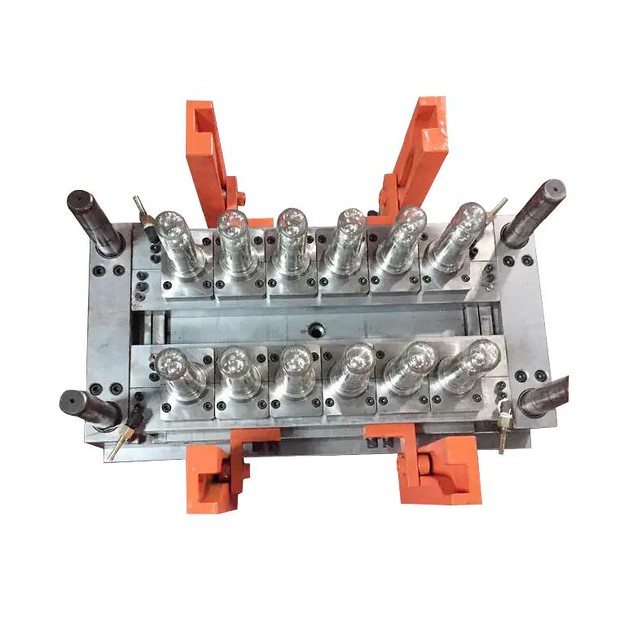Air Conditioning Supplier
Air conditioning suppliers are in a stressful position. They’re having to charge higher prices to offset the costs of increased raw materials, but they might not be able to complete all jobs in a timely manner as long as shortages continue.
Using procurement software, they may be able to keep up with demand and get the products they need when supplies arrive. These strategies can help them weather the storm until the COVID-19 supply chain bottleneck clears.
Enclosures
Air conditioning suppliers offer enclosures that provide a degree of protection for electrical equipment. They can be used indoors or outdoors, and they protect against rain, sleet, snow, splashing water, and damage caused by external ice formation. They can also be rated for NEMA or IP ratings. The higher the NEMA or IP rating, the more protection they will provide.
These electrical enclosures are available in a range of sizes and styles, from compact cabinets to large walk-in models. Many are designed for rack-mount equipment, such as fiber optics, satellite communications, cable television, Vacuum forming machine supplier navigation and positioning, and wireless backhaul. They can be air-conditioned and heated (ACHT) or fan-cooled.
Enclosure air conditioners maintain set temperatures inside the cabinet by using refrigerants and thermostatic controls. They also provide a closed-loop cooling system, so dirt particles, corrosive chemicals, humidity, and other environmental factors will not enter the cabinet. They are often used in hazardous locations, where they must be certified for safety by a number of international bodies. They may be marked with the CE mark, or they may have indicators indicating CSA approval for the US market or NEC Class I Division 2 and Groups B, C, and D. They are also often corrosion-resistant, with coated coils and tubing to resist damage from acids, solvents, salts, and other harsh chemicals.
Compressors
Air compressors are the heart of any climate control system. A properly sized, installed and maintained compressor will reduce energy costs, improve performance and increase the lifespan of your HVAC system. There are many different types of air conditioning compressors, including reciprocating and rotary compressors. The main difference is the way they compress air. Reciprocating compressors use a reciprocating movement to create compression, while rotary compressors, such as rotary vane, scroll and screw compressors, use rotational movement to compress air.
A commercial air compressor is a key component of any climate control system used in large spaces, such as office buildings and hotels. It is responsible for compressing refrigerant gas and raising its temperature to convert it into a low-pressure liquid. The liquid is then sent through the condenser coils to release heat and evaporate into cooled air.
The compressor is a complex piece of machinery that requires proper maintenance to ensure the optimal operation of your HVAC system. The best way to do this is to follow a routine maintenance plan. Regular professional inspections and tune-ups can help prevent a compressor from breaking down or suffering from damage that can impact your system’s efficiency.
Air conditioning companies also offer a wide range of air filters, oil, refrigerant and cooling tower parts. They can assist you in finding the perfect products for your air conditioning system.
Controls
Manufacturer of standard and custom HVAC controls including air, humidity, temperature & ventilation management systems. Provides UL listed and RoHS compliant products. Suitable for a variety of industrial, commercial and transportation applications. Offers same day, FOB and drop shipping services.
The HVAC controls market is primarily driven by the growth in the construction sector. Rapid urbanization and economic development in developing countries in Asia Pacific and RoW is leading to the development of new infrastructures. The growing tourism industry in these regions is also fuelling the growth of this market. Furthermore, the rise in disposable income of people in these countries is encouraging them to use energy-efficient equipment and technologies.
Honeywell International Inc holds the first position in the HVAC controls market with a share of 8-9%. The company offers HVAC systems and controls for commercial buildings, residential building and industrial processes. Its product portfolio is diversified, which reduces business risks and allows the company to tap new markets. Its smart building solutions include heating ventilation and air conditioning, fire safety, security systems and energy management software. Other players in the market include Johnson Vacuum-forming machine company Controls, Siemens, Carrier and Emerson Electric Co. The market is categorized by component, system, implementation type and application at the regional and global level. The demand for HVAC controls is increasing in the Middle East and Africa due to the increase in the number of tourist arrivals from China, India, Japan, and other nations.


